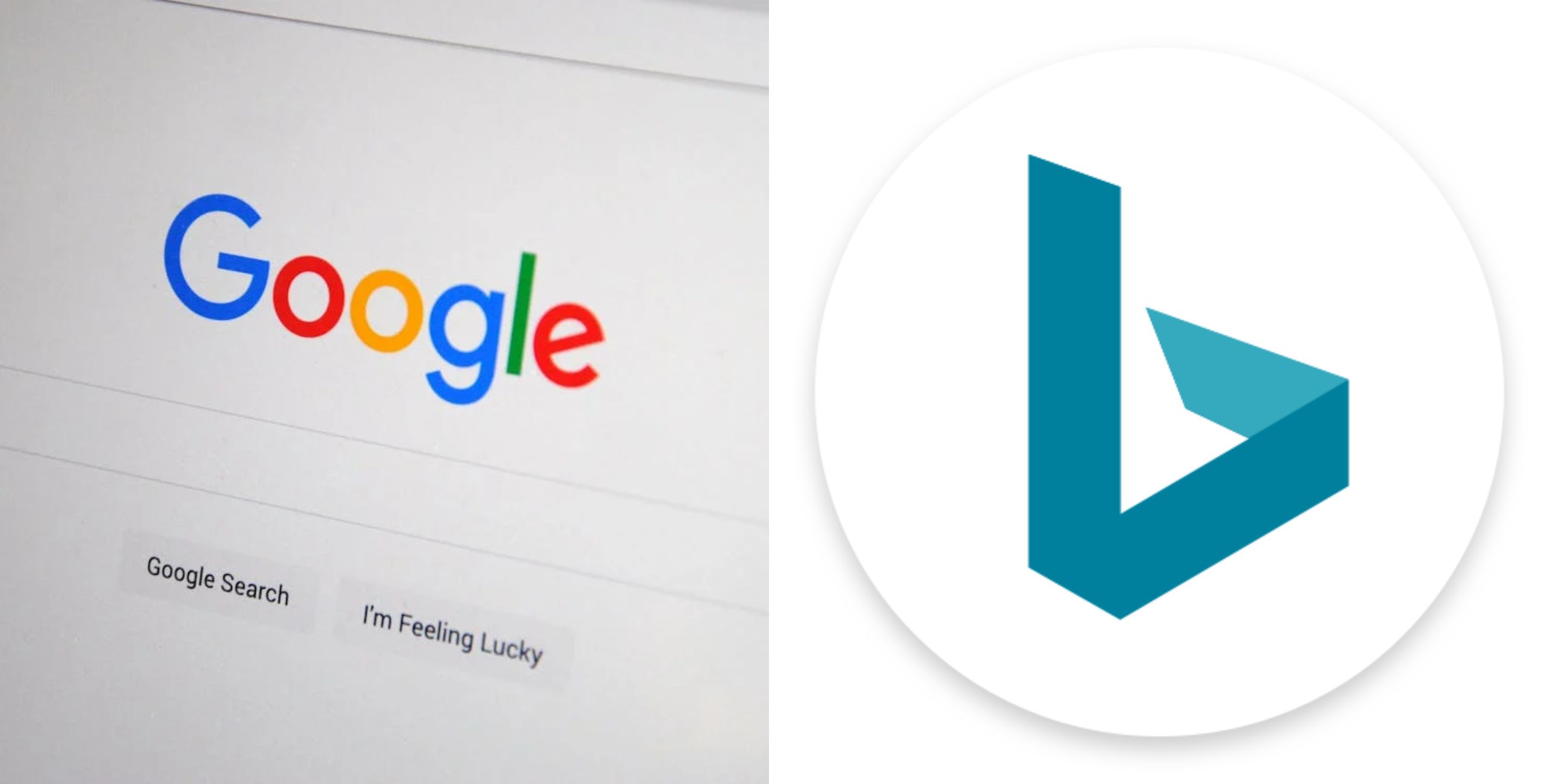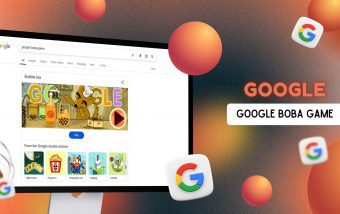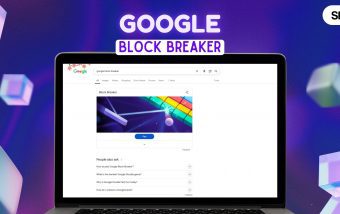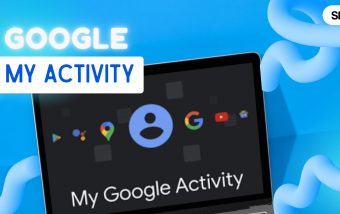What Does FS Mean In Text? Decoding The Social Media Lingo
Feb 17, 2026

Feb 17, 2026

Feb 16, 2026

Feb 14, 2026

Feb 13, 2026

Feb 13, 2026

Feb 13, 2026

Feb 12, 2026

Feb 12, 2026
Sorry, but nothing matched your search "". Please try again with some different keywords.


Niche content refers to content created for a specific and targeted audience. Such content could focus on a particular interest or problem instead of a broad subject. For example, some websites focus on reviewing products that help with weight loss, rather than overall health and wellness.
Creating niche content online helps reduce competition by appealing to a specific audience and their needs. It also enables you to fetch relevant and high-quality traffic from the search engines.
Often, search engines like Google and Bing see niche content as a positive sign since it demonstrates your expertise, authority, and trustworthiness over others in a specific area. The Google vs Bing debate further highlights the differences between the two search engines with a special focus on how each search engine handles niche content.
In this post, we’ll show you which search engine handles niche content better and compare them based on certain criteria. This analysis will help us better understand how Google and Bing index niche content and which search engine gives you more advantages when focusing on a niche.
In the Google vs Bing debate, which search engine handles niche content better in 2025? Let’s find out!

Queries like “Top ice cream parlors near me” might show places closest to your location in Google. But Bing handles such searches differently and shows places from a larger map, maybe from your city or region.

In the local search, instead of showing a text or image carousel, Bing shows Bing Maps, images, reviews, and other location details when you click on the Maps tab.
Business owners can sign up for a free profile on Google Business Profile and Bing Places to list their company on these search engines. These platforms display your business in search results along with customer reviews your business may have received.
Users can leave reviews directly on your Google Business Profile, and Google shows them in the search results. While Bing doesn’t allow users to leave reviews directly, it does show reviews in search results by pulling them from platforms like Yelp and TripAdvisor.
Regarding niche content like local businesses, Google delivers more relevant, fresh, and localized results that align with user intent because Bing might show results from a broader area with more location details.
Google wants high-quality content that satisfies user intent. If you’re searching for “Symptoms of vitamin D deficiency”, Google will understand that you’re looking for information and not a service and show you results that match your intent, such as an AI overview (answering your question), guides, articles, YouTube videos, etc.

That said, both search engines prefer fresh and updated content, especially regarding news or topical queries.

Google uses RankBrain and Natural Language Processing (NLP) to understand the intent behind a user’s search. The goal is to deliver the most helpful results to the users.
For example, if you search “Best laptop for travelling”, Google might show you results containing top lightweight laptops, even if you don’t mention the feature “lightweight”, assuming you need lighter laptops to carry on travels. You don’t have to stuff keywords to make your content useful or visible to users on Google.

Note: Google’s AI Overviews may not be available for all users or regions.

In 2023, Bing added OpenAI to its algorithm to understand the intent and context behind a search. Like Google, Bing is also actively testing new features of AI Answer and AI Summary that show AI-generated answers triggered by your queries. And similar to Google, Bing also displays relevant results by analyzing and understanding the intent behind the queries.
Both search engines prefer to deliver high-quality results to their audience and focus on finding excellent content. But how does the evaluation of their content quality differ from each other?
Google prefers a method called E-E-A-T to find trustworthy and credible content. According to E-E-A-T, content is good and credible when the creator has credentials, reputation, and direct, real-world experience with the topic. That means Google wants the creators to write from their first-hand experience, especially when the content impacts users’ health, financial stability, safety, or well-being.
On the other hand, Bing has slightly different guidelines, known as Authority, Utility, and Presentation (AUP). These guidelines favor content with authenticity (pages with social networks, name recognition, cited sources, and the author’s identity). It also demands pages with higher readability, videos, up-to-date data, rich and relevant images, or other media, making the content easier to understand.
However, both E-E-A-T and AUP are evaluation frameworks for determining content quality rather than a direct ranking factor.
Let’s try searching for “a list of the best New Zealand online casinos” in the search box.
In Google:

Google is displaying a carousel of online casinos in New Zealand. In such searches, Google prioritizes more localized and recently updated sources to meet the best user intent.
It also displays more relevant and latest sources below. Google places the most relevant content at the top, and the relevancy reduces as you scroll down the page to help users easily find their desired results.
In Bing:

When searching the same query on Bing, it shows sponsored results with expanded site links, which helps users easily and quickly find what they need without visiting and browsing every site. It also displays relevant YouTube videos to the right and cards summarizing main articles.
Scrolling down a little, it also shows a direct list of available casinos relevant to the keyword of the searched topic – online casinos in NZ.

There are some video suggestions as well:

While the results might seem quite efficient with various formats, including SERPs with panels, videos, and snippets, it might sometimes surface older or less relevant directories, interfering with consistency and recency.
While both search engines are committed to providing a high-intent user experience, their operating and ranking mechanisms vary significantly.
Google prioritizes E-E-A-T, authority signals, and user behavior while using AI to refine results based on intent and freshness. On the other hand, Bing prioritizes exact-match keywords and structural relevance.
That said, if you’re a content creator, you have to adopt different approaches for different search engines. For Google, go with depth, expertise, and contextual clarity. However, Bing is more responsive to targeted keywords.
If you’re just using the engines for everyday queries, go with Google for the latest information and Bing for keyword-specific queries.
Barsha is a seasoned digital marketing writer with a focus on SEO, content marketing, and conversion-driven copy. With 8+ years of experience in crafting high-performing content for startups, agencies, and established brands, Barsha brings strategic insight and storytelling together to drive online growth. When not writing, Barsha spends time obsessing over conspiracy theories, the latest Google algorithm changes, and content trends.
View all Posts

